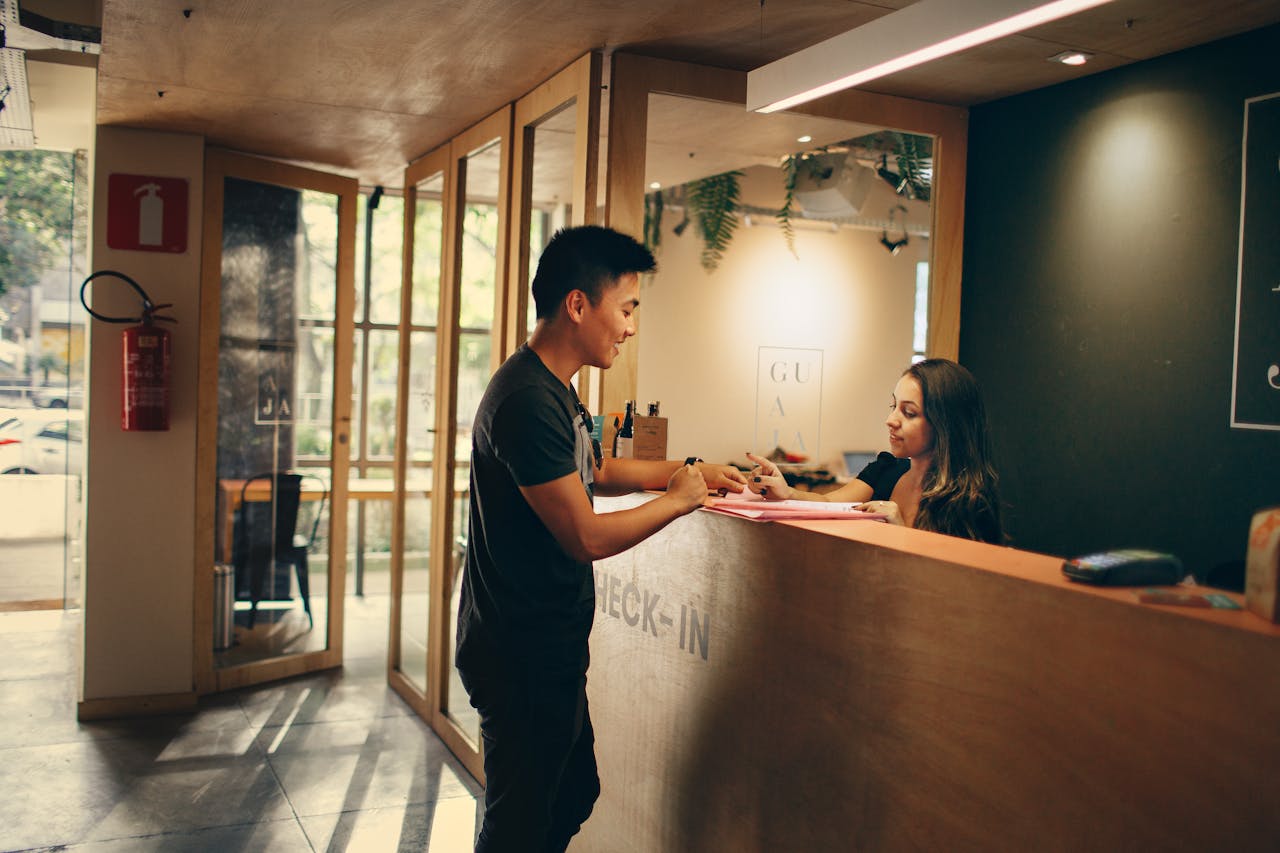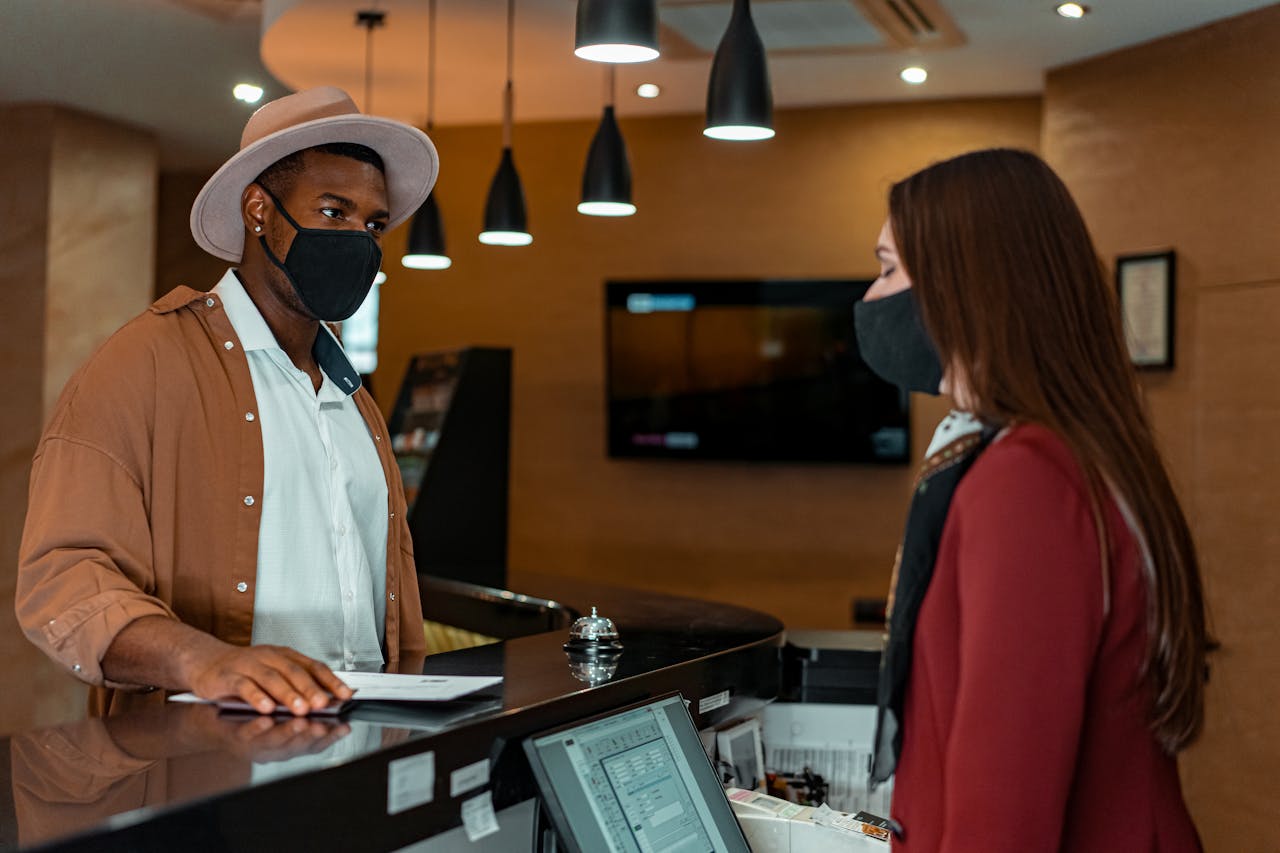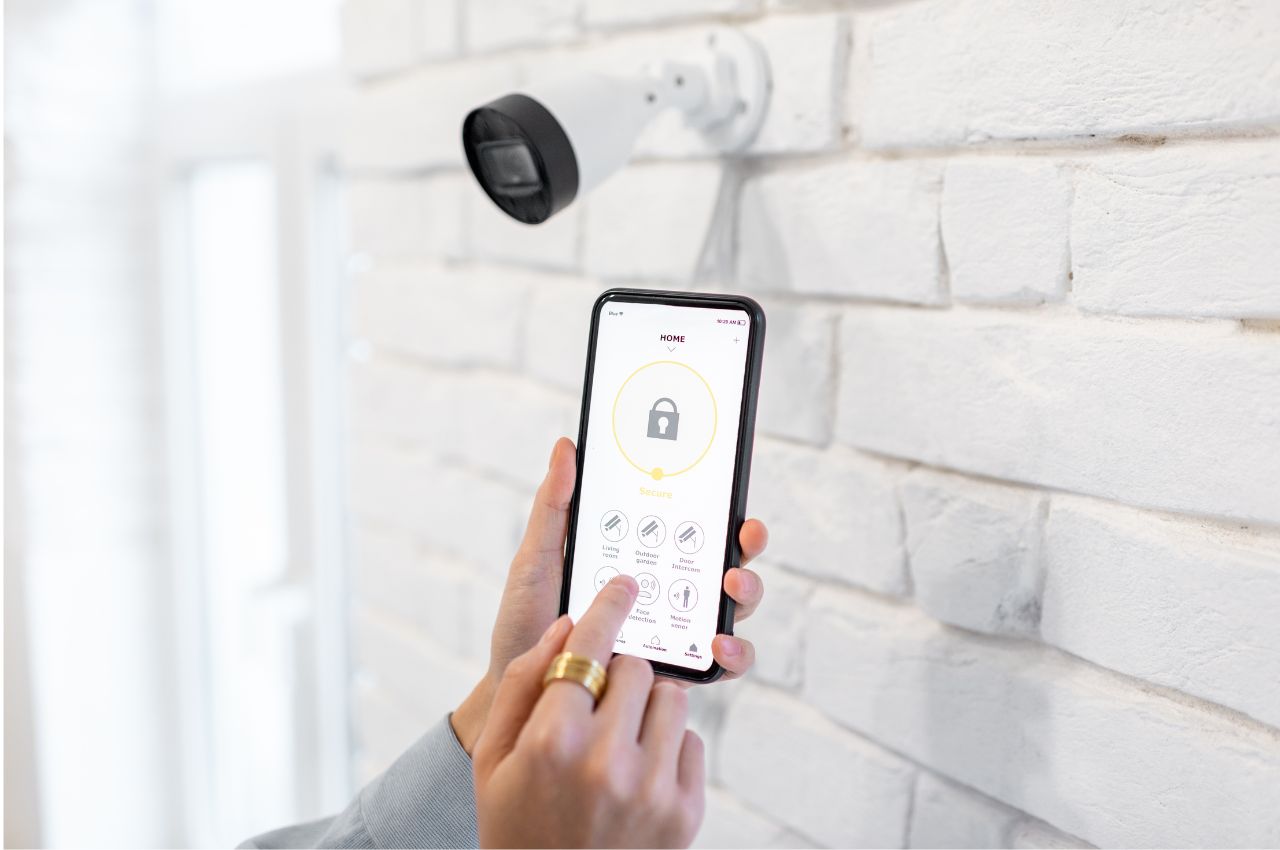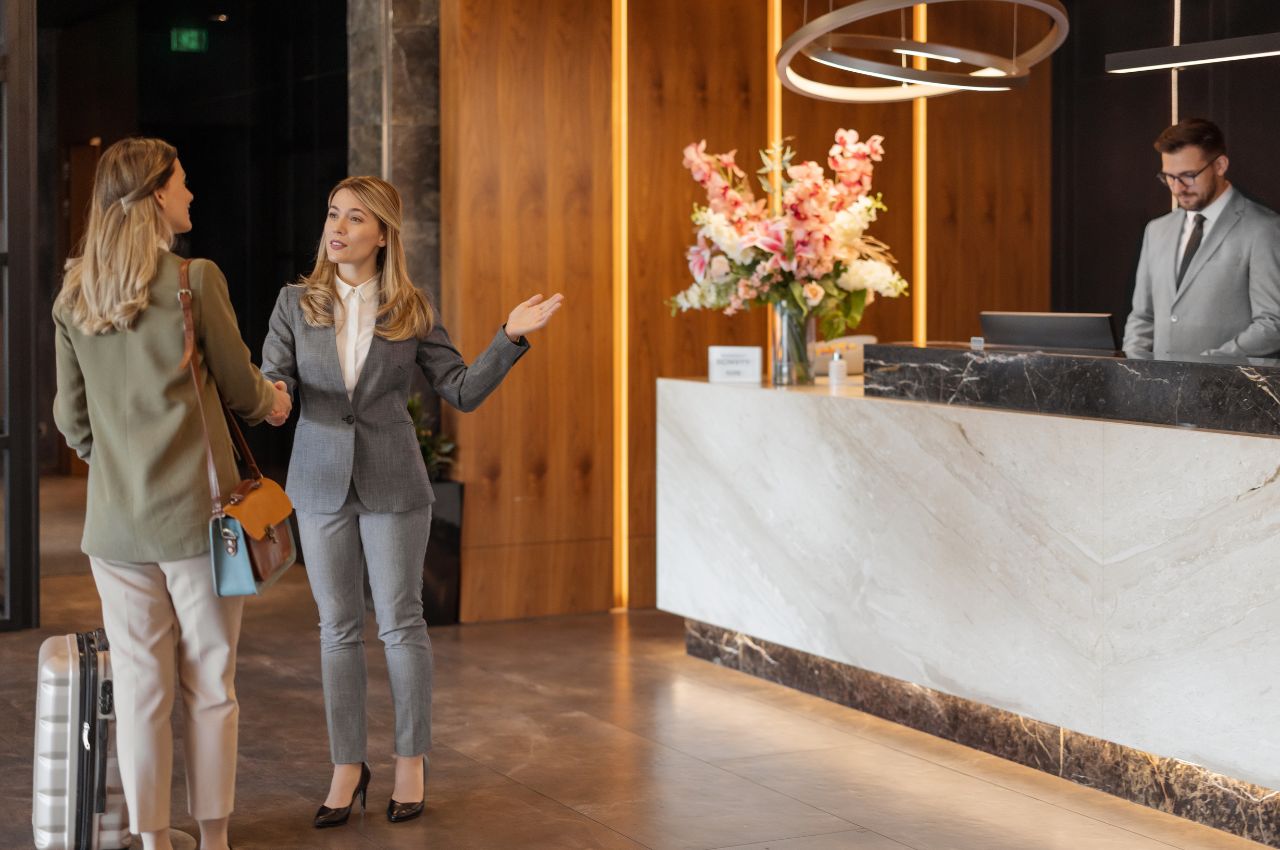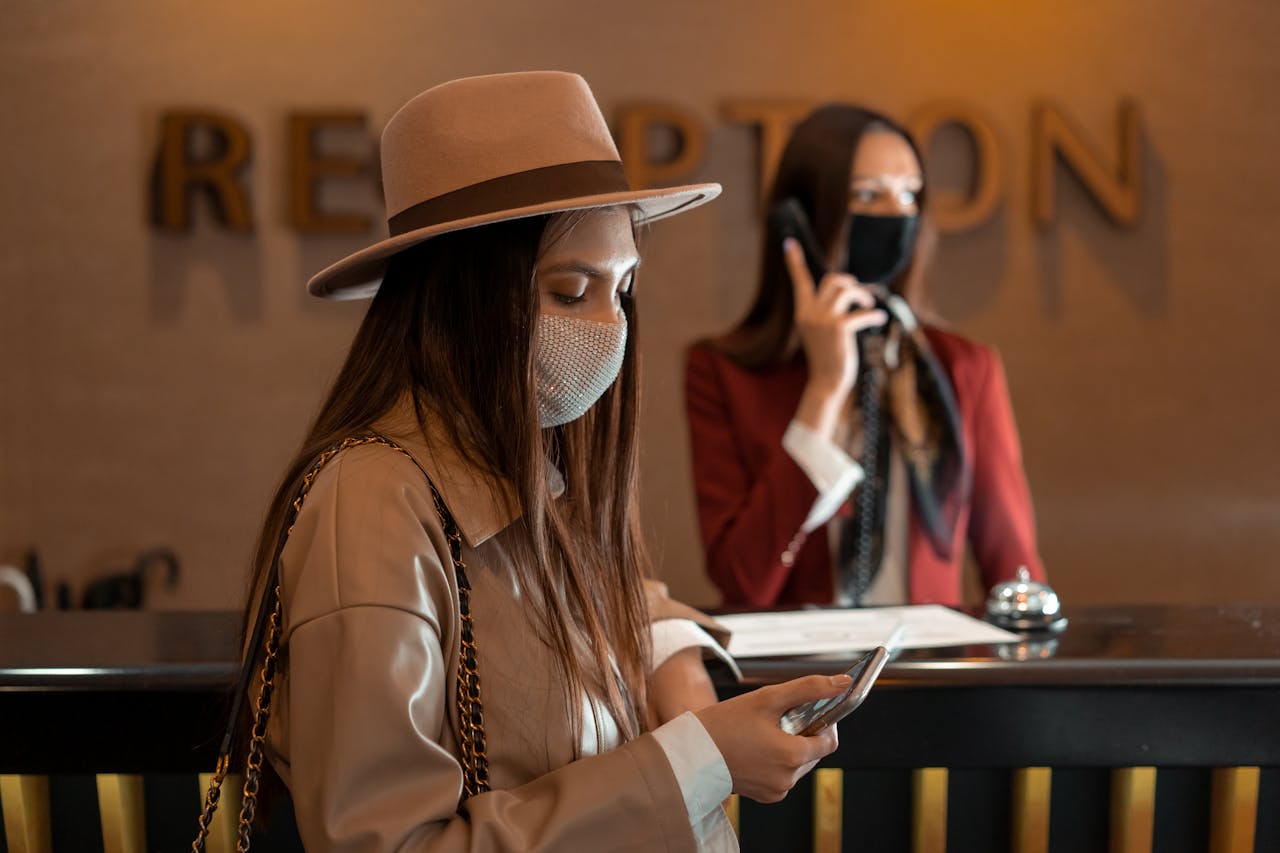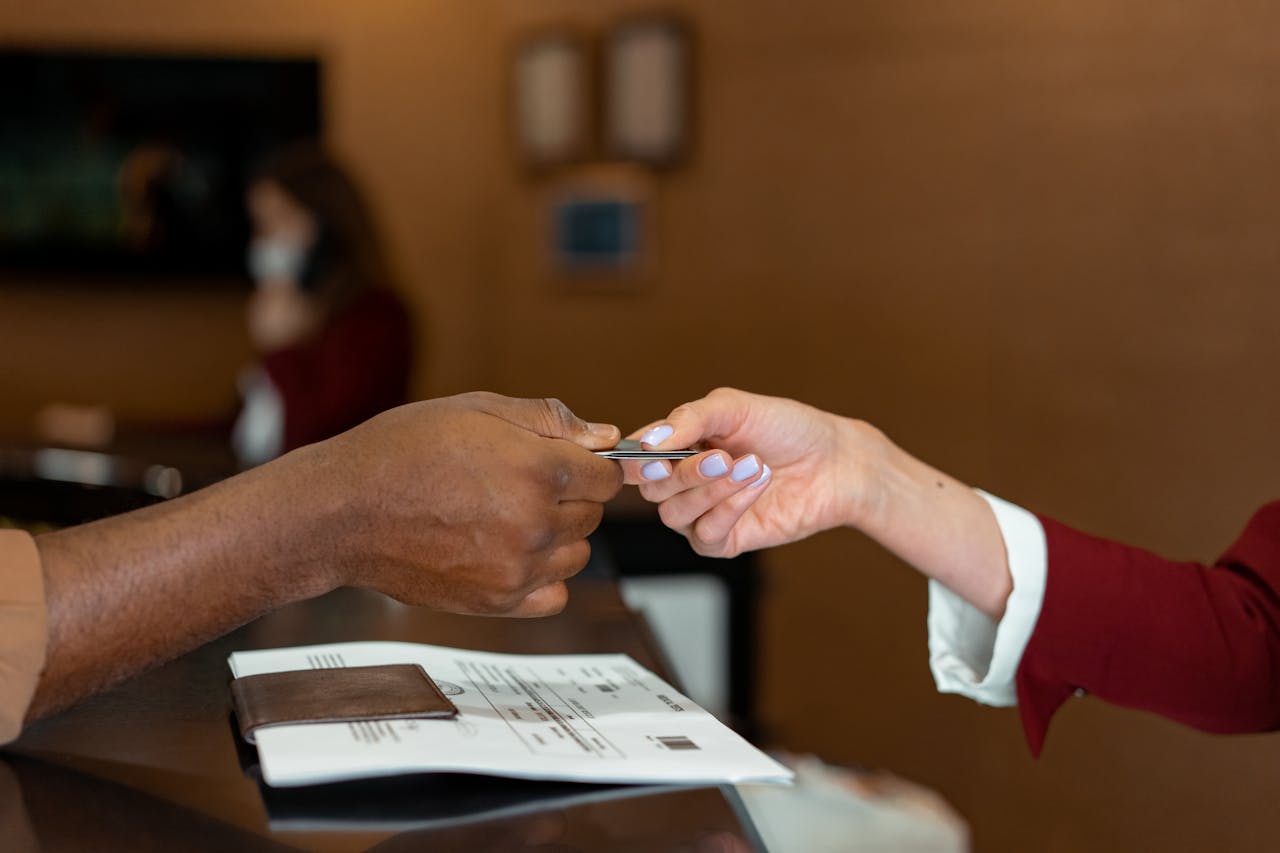The fast-paced world of business demands trust and security as a must-have. Verifiable IDs offer a modern solution to age-old verification and authentication problems.
How do verifiable IDs work, and why are businesses jumping on the bandwagon?
We’ll find out together.
The Basics of Verifiable Identification
At its core, verifiable identification is about proving that you are who you say you are, in a way that’s checkable and undeniable. In the old days, this might have meant a letter of introduction or a well-known family crest. Fast forward to today, and we’re talking about digital signatures, encryption, and a host of sophisticated tech. Unlike traditional IDs, which you might show to a bouncer at a bar or a security guard at the office, verifiable IDs are built for the digital age. They’re designed to be more than just a piece of plastic or paper; they’re smart, secure, and, most importantly, verifiable at the click of a button.
The Need for Verifiable Documentation in Business
You might be wondering, “Why all the fuss about verification?” The value of trust in the modern business world is equal to that of cash. If you are conducting a business transaction or onboarding a new employee, you need to trust the other party. Without verifiable documentation, businesses are vulnerable to fraud, identity theft, and a whole host of other security nightmares. It’s not just about protecting assets; it’s about safeguarding reputation and ensuring that operations run smoothly and securely.
Types of Verifiable Identification
Verifiable identification comes in many shapes and sizes. On the physical side, you’ve got enhanced driver’s licences and passports embedded with chips that store digital information—kind of like a spy gadget from a movie, but for everyday use. Then there’s the digital realm, where things get really interesting. Verifiable credentials and digital credentials are the superheroes of the identification world. They live on your devices and use all sorts of clever tech to prove your identity without revealing more information than necessary. Think of it as showing your ID without having to hand over your whole wallet.
Secure and Verifiable Identification Systems
Now, you might be thinking, “How do we make sure these IDs are as secure as Fort Knox?” That’s where secure and verifiable identification systems come into play. Leveraging cutting-edge technology like blockchain, these systems make sure that when someone shows you their digital ID, it’s the real deal. It’s not just about making IDs digital; it’s about making them tamper-proof, fraud-resistant, and privacy-preserving. Imagine a world where you can instantly verify someone’s credentials without having to second-guess or wade through paperwork. That’s the promise of these advanced systems, turning the complex world of verification into a streamlined, secure process.
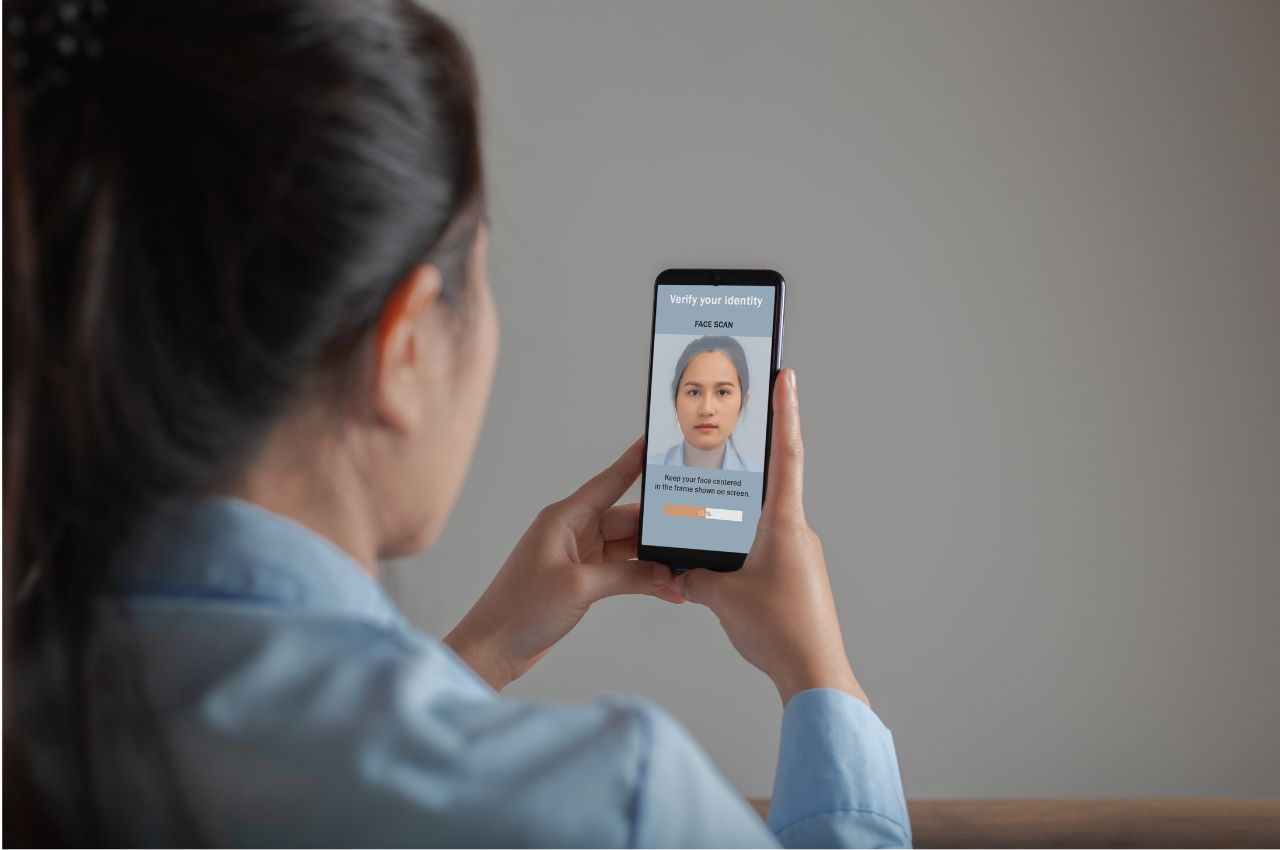
Implementing Verifiable Credentials in Business Operations
Integrating verifiable credentials into your business operations might sound like rocket science, but it’s more about strategic planning and understanding the value they bring. Verifiable credentials can streamline processes such as customer onboarding, employee verification, and even access control, making them quicker and more secure. For instance, when a new employee joins your team, instead of sifting through piles of documents, a verifiable digital credential can instantly confirm their identity, work history, and qualifications. This not only saves time but also significantly reduces the risk of fraudulent information slipping through the cracks.
Best practices for storing and managing these credentials are crucial. Imagine storing such sensitive information in a digital “vault” that’s both accessible and impenetrable. Regular audits, encryption, and strict access controls are your best friends here, ensuring that credentials are always up-to-date and only seen by eyes that have the right to see them. This approach not only protects the integrity of the information but also reinforces the trust your stakeholders have in your business operations.
Verifiable Digital Credentials: The Future of Identity Verification
Verifiable digital credentials are not just a trend; they’re the future of identity verification. With the digitalization of almost every aspect of business, these credentials offer a way to verify identities online that’s both secure and user-friendly. Imagine conducting an international business deal without the need for cumbersome background checks or the risk of identity fraud. Verifiable digital credentials make this possible, providing a secure, instant way to prove identity, qualifications, and even financial standing.
The beauty of these digital credentials lies in their flexibility and the control they give to the individual. Instead of handing over your entire identity for a simple verification, you can choose to disclose only the relevant pieces of information. This not only enhances privacy but also streamlines transactions, making them faster and more efficient. As businesses continue to embrace digital operations, the adoption of verifiable digital credentials will become a cornerstone of secure, trustworthy transactions.
Challenges and Considerations in Adopting Verifiable IDs
While the benefits of verifiable IDs are clear, the path to integrating them into business operations isn’t without its hurdles. Technological barriers, such as the need for infrastructure upgrades or the integration with existing systems, can pose significant challenges. Additionally, the cost of implementing such systems may be a deterrent for smaller businesses, despite the long-term savings in security and efficiency.
User acceptance is another critical factor. Changing how people prove their identity requires not just technological adoption but also a shift in mindset. Educating users and stakeholders about the benefits and operation of verifiable IDs is essential for widespread acceptance. Businesses must also consider the regulatory landscape, ensuring that the use of verifiable IDs complies with data protection and privacy laws. Navigating these challenges requires a thoughtful approach, balancing the advantages of verifiable IDs with the practicalities of their implementation.
Regulatory Compliance and Verifiable Identification
In the realm of verifiable IDs, regulatory compliance isn’t just a hurdle; it’s a cornerstone of trust and security. Data protection and privacy laws, such as GDPR in Europe or CCPA in California, set strict guidelines on how personal information can be collected, stored, and shared. Adhering to these regulations is not just about avoiding fines; it’s about building a framework of trust with your customers and employees.
Ensuring compliance involves a thorough understanding of these laws and how they apply to verifiable IDs. This might mean revisiting your data storage practices, refining your consent processes, or even reevaluating how you collect personal information. The goal is to leverage the security and efficiency of verifiable IDs without compromising the privacy and rights of individuals. By aligning your use of verifiable IDs with regulatory requirements, you reinforce the integrity of your business operations and the trust of those you do business with.
Building Trust with Consumers Through Verifiable IDs
Trust is the bedrock of any successful business operation, and verifiable IDs are key to reinforcing this trust. By allowing consumers to control what information they share and ensuring that their data is secure and private, businesses can strengthen relationships with their customers. This transparency not only boosts consumer confidence but also enhances brand loyalty. In a world where data breaches are all too common, demonstrating a commitment to privacy and security can set you apart from the competition.
The Role of Verifiable IDs in Enhancing Security
In the battle against fraud and cyber threats, verifiable IDs are an invaluable ally. They provide a robust layer of protection by making sure that only authenticated users can access sensitive information or perform transactions. This level of security is crucial in mitigating risks and safeguarding against potential breaches. As businesses continue to navigate the complexities of the digital landscape, the role of verifiable IDs in enhancing security cannot be overstated.
Future Trends in Verifiable Identification Technology
Looking ahead, the evolution of verifiable ID technology promises even greater possibilities for secure and efficient identification. Biometrics, artificial intelligence, and blockchain are just a few of the advancements shaping the future of verifiable IDs. These technologies offer new ways to verify identity that are not only more secure but also more user-friendly. As we move forward, it’s clear that the innovation in this space will continue to redefine what’s possible, pushing the boundaries of trust and security in digital interactions.
Conclusion
Verifiable IDs stand at the intersection of technology and trust, offering businesses a powerful tool to secure their operations and build stronger relationships with their customers. As we’ve explored, the journey to integrating these technologies comes with its challenges, but the benefits—enhanced security, improved efficiency, and greater consumer trust—are undeniable.
So, whether you’re just starting to consider verifiable IDs or looking to deepen your existing practices, there’s no better time than now to embrace these innovations. Let’s move forward together, leveraging the power of verifiable IDs to create a more secure, trustworthy, and efficient business landscape.








